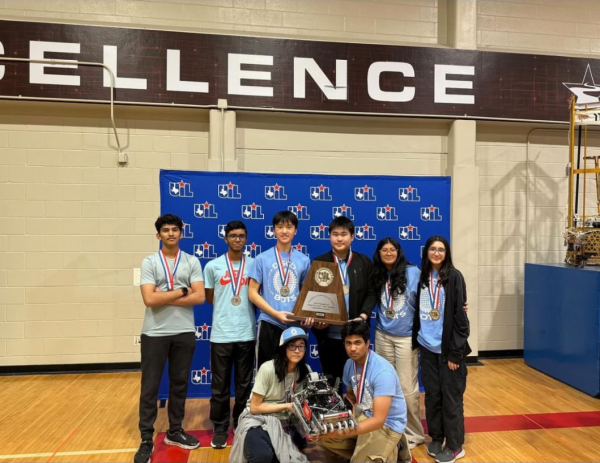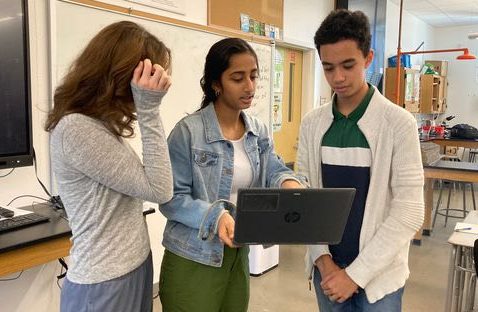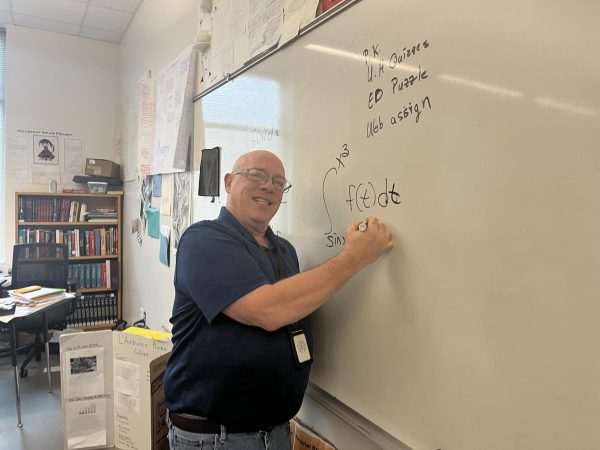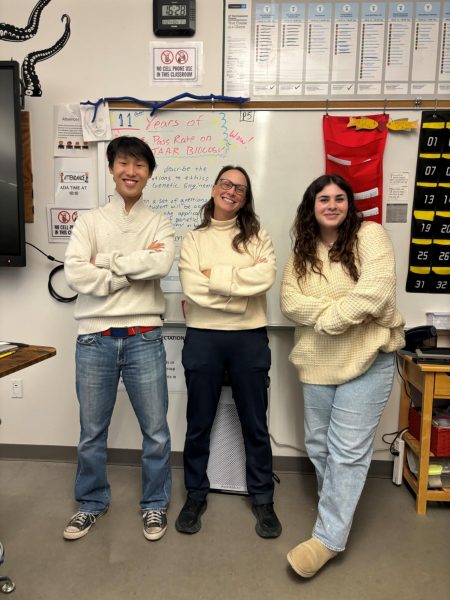“War Journalism and Vietnam Veterans”- The Journal of Student Research published senior Alexander Nguyen’s AP Research paper
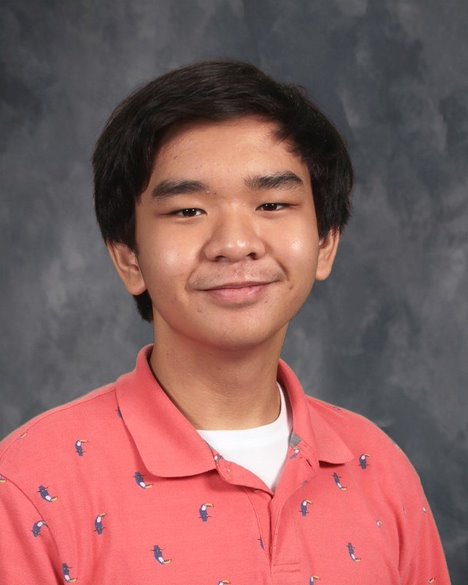
Alexander Nguyen, a grandson of Vietnam War veterans and refugees, examines the relationship between the press and soldiers’ morale in his published paper.
We’ve all seen it. Horrific images of innocent children and civilians being bombed during the Vietnam War. The Vietnam War was the first war conflict to be televised to the masses, generating widespread outcry for its end.
Although there have been many studies on the media’s impact on public opinion of the war, CVHS Alexander Nguyen was compelled to fill the gap on the lack of studies of the media’s impact on Vietnam War soldiers themselves. This past September, Nguyen’s AP Research paper, “War Journalism and Vietnam’s Veterans”, was published in the Journal of Student Research, a national journal of academic research from high school and college students.
Nguyen was inspired by his Vietnamese roots and two grandparents who fought in the war, including one jailed in the subsequent aftermath of a Northern victory.
In his research, Nguyen utilized several surveys and interviews. By using past CSPAN war veteran interviews, contacting the Texas Branch of the Veterans of Foreign Wars and individual Vietnam veterans themselves about their interactions and opinions on the war press coverage, he was able to gather more qualitative data. Initially, he did not receive an answer, but over the course of a few weeks, various soldiers agreed to grant him an interview.
“The interviews conducted corroborated my knowledge, but I did learn a lot more from the many different fronts of battle and a lot of new aspects of journalism,” says Nguyen.
Nguyen’s study concluded that the morale of soldiers during the time was unaffected by the press. But he notes that qualitative data might have been informed by uncontemporaneous reflections of a past that might have become biased through time.
Your donation will support the student journalists of Carnegie Vanguard High School. Your contribution will allow us to cover our annual website hosting costs and fund field trips, competition fees, and equipment. We appreciate your support!

Hello, my name is Maya Collins and I am a senior who enjoys playing video games and reading books. I am interested to see how my last year in high school...

Hello, my name is Marcos Delgadillo I am passionate about reporting and writing about problems and events in the Houston Area! I was born and raised in...

